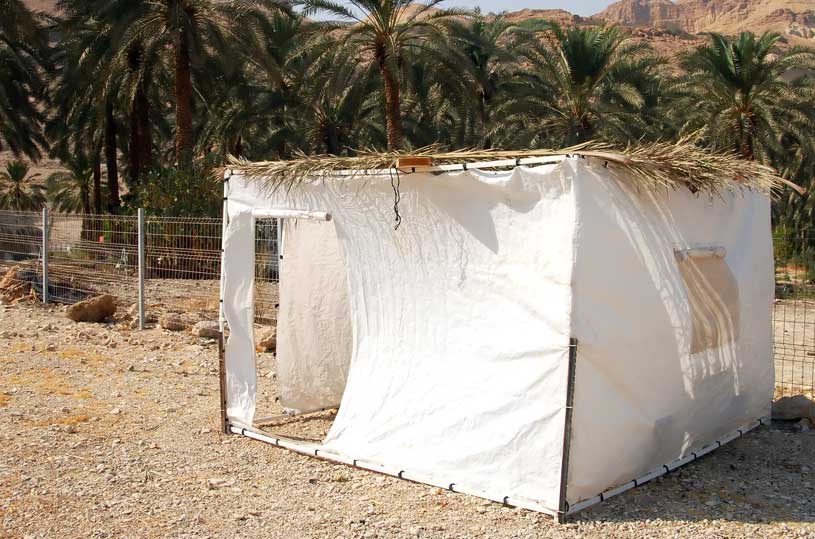2. For example: If a store owner doesn’t sell his merchandise on the holiday, and its value will go down after the holiday and he will lose his money on it, he may sell sell it on chol hamoed. If he has a factory with workers and if he closes the factory down on chol hamoed he will have to pay them for these days without getting anything in exchange — he may continue working in his factory. Nevertheless he should continue the operation of his factory this privately. (Generally, the owner of a factory should try to arrange the annual vacation he has to give his workers for these days.)
If one works in a place that is not closed on chol hamoed and if he won’t show up for work there is a risk that they will file him from his job — he may work.
3. All work required to prepare food is permitted. Therefore, anyone whose fridge or stove range or any appliances that he needs to store or prepare food stopped working, he may repair it on chol hamoed even by an expert.
4. One who is building a home may not continue building on chol hamoed. Even if the contractor is a non-Jew, he cannot continue building. He has to wait until after Sukkot, and in the merit of him keeping this law, he will be blessed by G-d in his new house.
5. Anything which is needed for the public may be done on chol hamoed, such as fixing roads, or running bus and taxi services. If a public need is needed only after the holiday, one may not do it on chol hamoed.
6. A postman who is giving out letters may do his work on chol hamoed because this is a public need.





